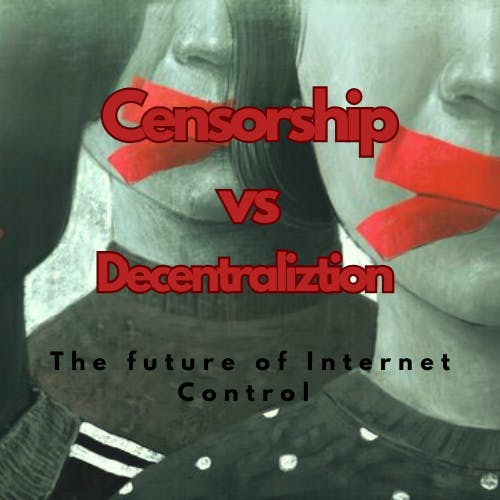
"Censorship is the restriction of interactions and the flow of information online, typically controlled by a few powerful tech companies—and sometimes government bodies—who run the platforms we depend on."
"Algorithms are allowed to control what content is displayed and to whom. Algorithmic bias can hide posts, even when they don't violate any guidelines per se."
"Tech giants like Google, Facebook, Amazon, and Microsoft own the web, literally. To regulate activity on their platforms, they use policies enforced by algorithms."
"As these questions arise, so does the idea of a decentralized internet. An internet where control shifts from corporations & governments to individuals—a democratized internet."
The rise of digital communication has created a complex landscape where censorship prevails. Powerful tech companies and governments restrict the flow of information through stringent algorithms. These platforms not only filter content but also control visibility based on user data, leading to concerns about privacy and expression. The centralized nature of today's internet raises significant questions about the fairness of these systems. Conversely, the concept of a decentralized internet emerges, suggesting a shift in control from corporations and governments to individual users, promoting a more democratized online space.
Read at Hackernoon
Unable to calculate read time
Collection
[
|
...
]